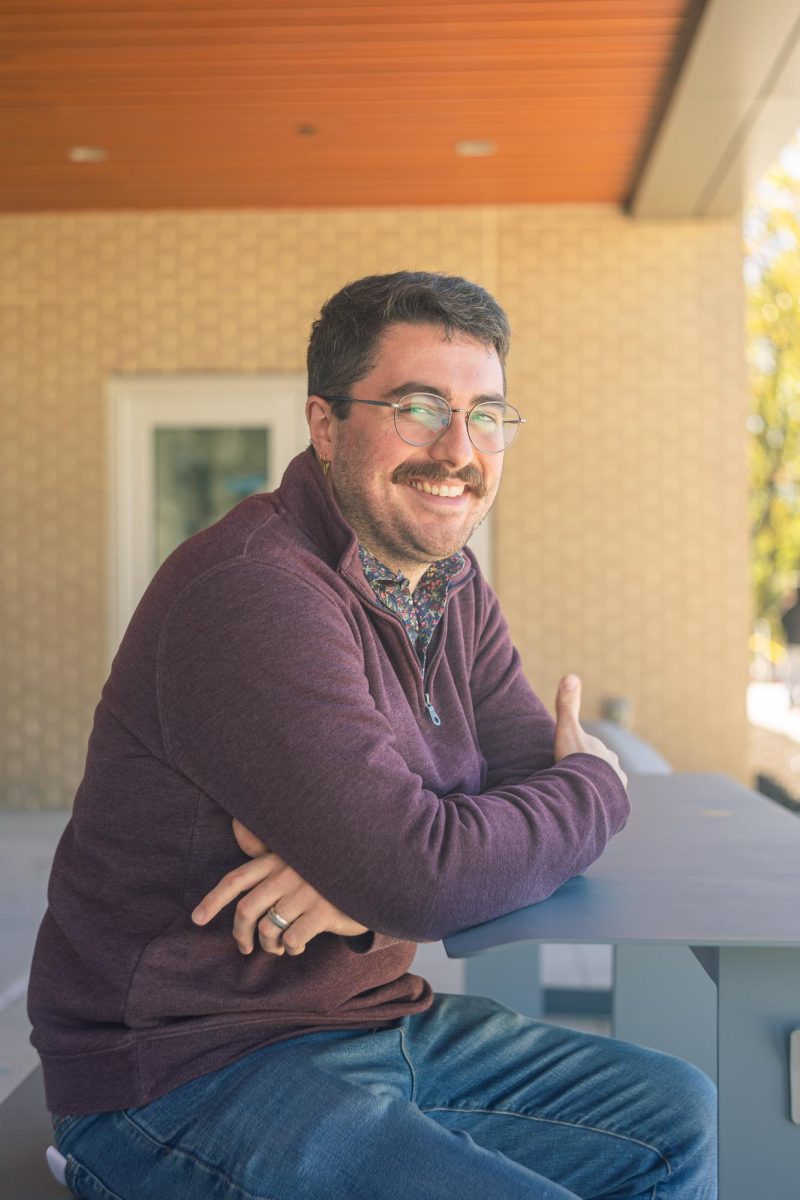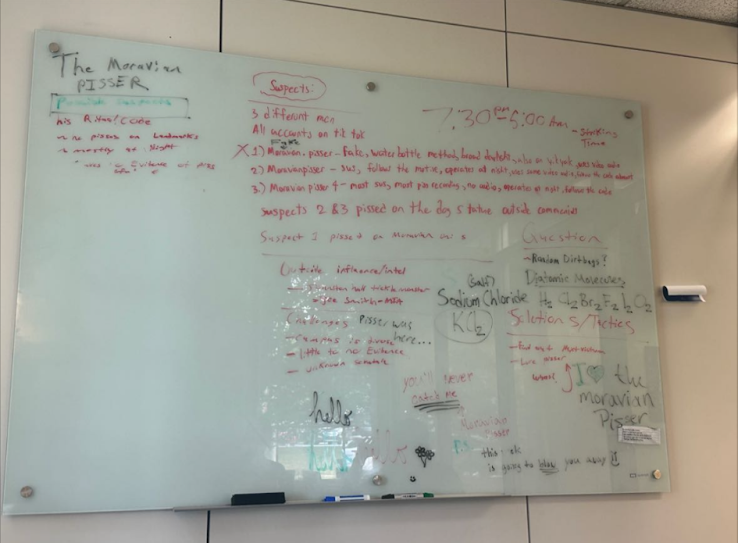
New Curriculum’s Major Change
Moravian University plans to introduce a new general education curriculum, the Moravian Integrated Learning Experience (MILE), in the fall semester of 2025. One of the significant changes is also one of the most controversial: the elimination of a language requirement.
For the last 25 years, language study has comprised one of the four “foundational” categories of Moravian’s current LinC (Learning in Common) program, a curriculum of courses that students select from to “acquire a well-rounded liberal arts education” at the University.
According to the LinC curriculum’s description on the University’s website, foreign language courses offer students “an awareness of a wide variety of global cultures.” In this curriculum, all students “should achieve proficiency in a language other than English” at a level defined by the American Council on the Teaching of Foreign Languages. This was seen as essential to fostering cultural understanding and global citizenship among students.
Why language was eliminated
Provost Carol Traupman-Carr explained that the new MILE program is the result of a regular process in higher education to update general education curricula, which is typically done every 15 to 20 years.
“[We do this] in order to ensure that the institution is providing updated and relevant skills, knowledge, and learning experiences that complement the deep learning they gain in their majors,” she said.
According to the MILE Committee, the new curriculum aims to break down “silos” within the general education structure, which is when a department exclusively controls part of the curriculum, limiting interdisciplinary learning. The new curriculum also ensures that no single department, such as Modern Language and Literatures, has exclusive ownership over any part of the curriculum (like languages).
The modern language department argued that languages remain vital to the core mission of Moravian and to the success of students in the 21st century.
“We believe that giving students the opportunity to study another language is aligned with the University’s emphasis on the globalization of the curriculum, and with the overall Strategic Plan,” according to a statement the department sent to The Comenian.
The Strategic Plan, for example, exhorts students to become “Global Hounds,” who must “expand their horizons” in order to engage with other cultures and countries in a world that demands that they a “global perspective.” Learning how to speak Spanish, for one – even on a rudimentary level – better enables students to do that.
Kylie Dowd ’26, an environmental science major and Spanish minor, who plans to spend a semester abroad in Spain next spring for her minor, agrees. “As an institution that preaches putting out students that are driven to work in global settings, we shouldn’t be removing that one requirement that facilitates that,” she said. “Learning a language is imperative to working with other students.”
When the MILE curriculum was approved, many faculty at the university were disheartened by the loss of the requirement.
However, Modern Languages and Literatures faculty “plan to continue serving the needs of students, especially those who have a passion for studying languages, literatures, and cultures.”
“There are many of these students at Moravian. We feel a deep commitment to them and to our discipline, which prepares people for thriving in a culturally diverse world.”
Language still at Moravian
The university hopes that students will continue to pursue language studies out of interest in the subject or its relevance to their personal and professional goals. Traupman-Carr emphasized that students can still study languages if they wish, and the courses will meet the MILE curriculum’s “Intercultural and Linguistic Competencies” requirement.
Traupman-Carr suggests that requirements can cause students to see them as just tasks to finish, leading to less engagement than if they had willingly chosen the subject.
“We always hope that students will choose courses and areas of study NOT because they are required, but rather because they love the instructors, they love the material, and/or they see the relevance of it,” said Traupman-Carr.
According to her, it’s difficult to predict if this curriculum shift will affect enrollment in language courses.
However, the Department of Modern Languages & Literatures still “plans to continue offering courses for all students, including but not limited to minors and majors in French, German, and Spanish. We are also prepared to participate in MILE.”
In addition to still offering courses of study, the department has created paired seminars for first-year students, and many of these courses have been approved for the different components of MILE.
Traupman-Carr hopes that students will continue to pursue majors and minors in modern languages and literature, but also is aware that nationally, fewer students are studying modern languages than in the past. A report by The Modern Language Association found that the study of languages other than English at the university level experienced an unprecedented drop of 16.6% between 2016 and 2021.
The MILE curriculum was slated to start Fall of 2024, but due to the challenges of implementing a new curriculum, the administration delayed the rollout of the curriculum until the Fall of 2025.













